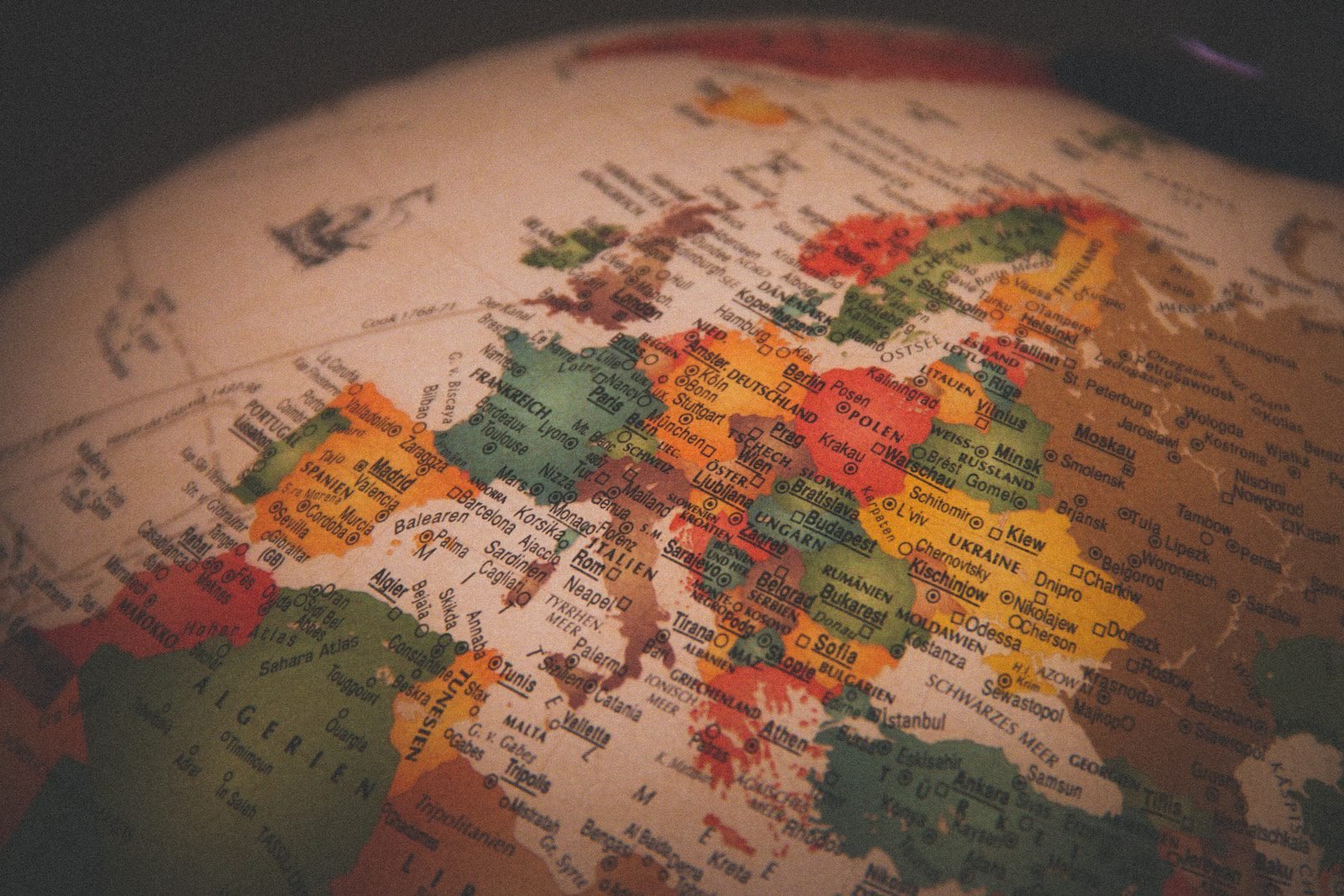In NEW DELHI: According to a press release from the US department of treasury’s office of public affairs, the Indian-American candidate for World Bank president, Ajay Banga, will travel to New Delhi on March 23 and 24, capping a three-week global listening tour that started in Africa and travelled to Europe, Latin America, and Asia.
Banga will meet with Prime Minister Narendra Modi, Finance Minister Nirmala Sitharaman, and External Affairs Minister Subrahmanyam Jaishankar while in India. The World Bank, India’s development priorities, and the difficulties facing world economic development will be the main topics of debate.
Banga will also stop by the Learnet Institute of Skills, a network of technical schools founded in partnership with the National Skills Development Corporation and partially supported by the World Bank. In order to better understand how the institute is enhancing the lives and economic opportunities of participants, particularly young people, Banga will learn about the institution’s curriculum and meet with participants, staff, alumni, and private sector partners.
Soon after Banga’s nomination was made public, the Indian government declared support for his candidature. Since then, a broad coalition of states, including Bangladesh, Côte d’Ivoire, Colombia, Egypt, France, Germany, Ghana, Italy, Japan, Kenya, Saudi Arabia, the Republic of Korea, and the United Kingdom, have indicated their support for Banga.
Banga has visited with senior government officials, stakeholders, business executives, entrepreneurs, and members of civil society during his global listening tour. He has steadily gained support for his campaign along the road from activists, academics, development specialists, business leaders, Nobel laureates, and previous government officials.
If elected, Banga would use his knowledge of creating public-private partnerships, as well as his experience living and working in emerging economies, to mobilise funds and take action to address persistent problems. That includes his work at Mastercard, where he was successful in bringing 50 million small companies online and bringing 500 million previously unbanked people into the digital economy.




